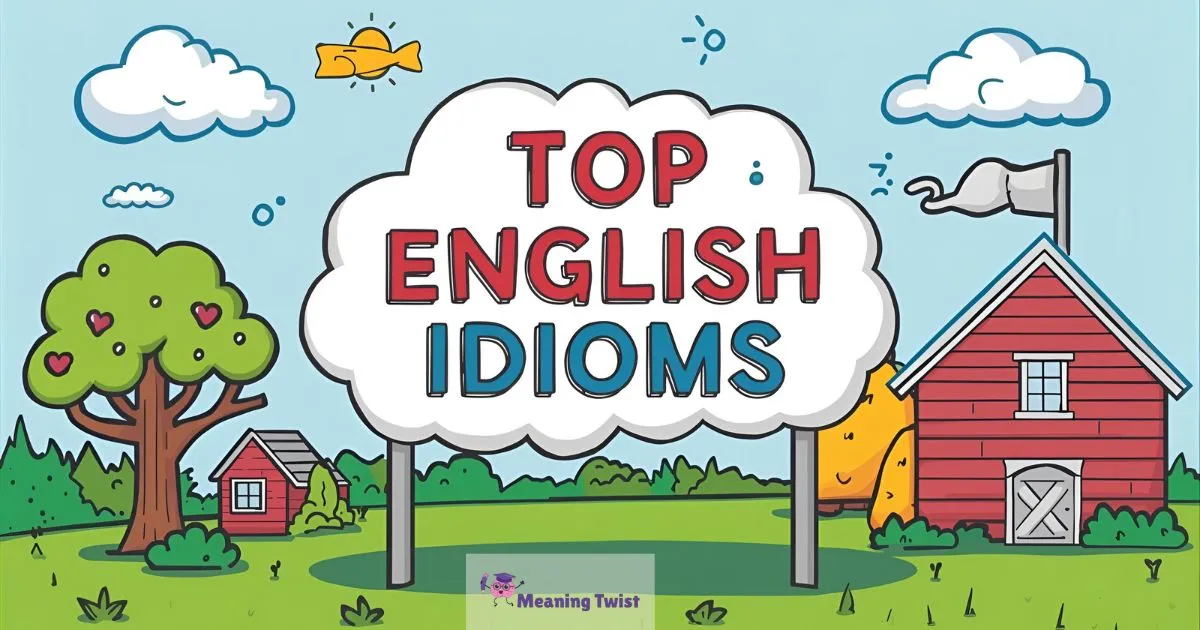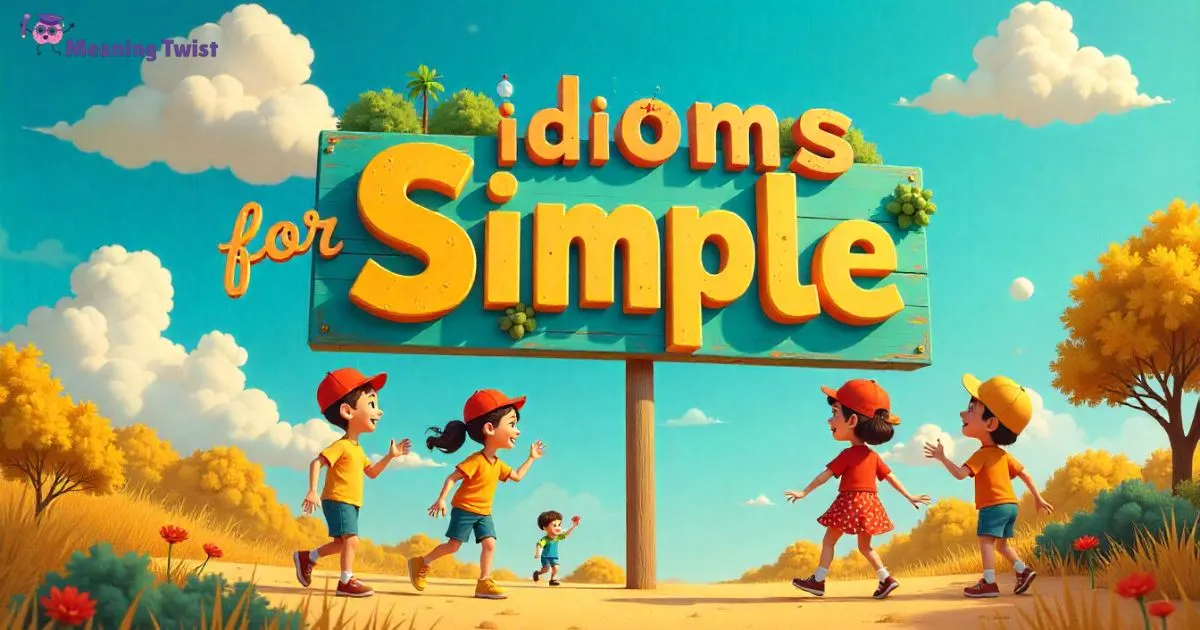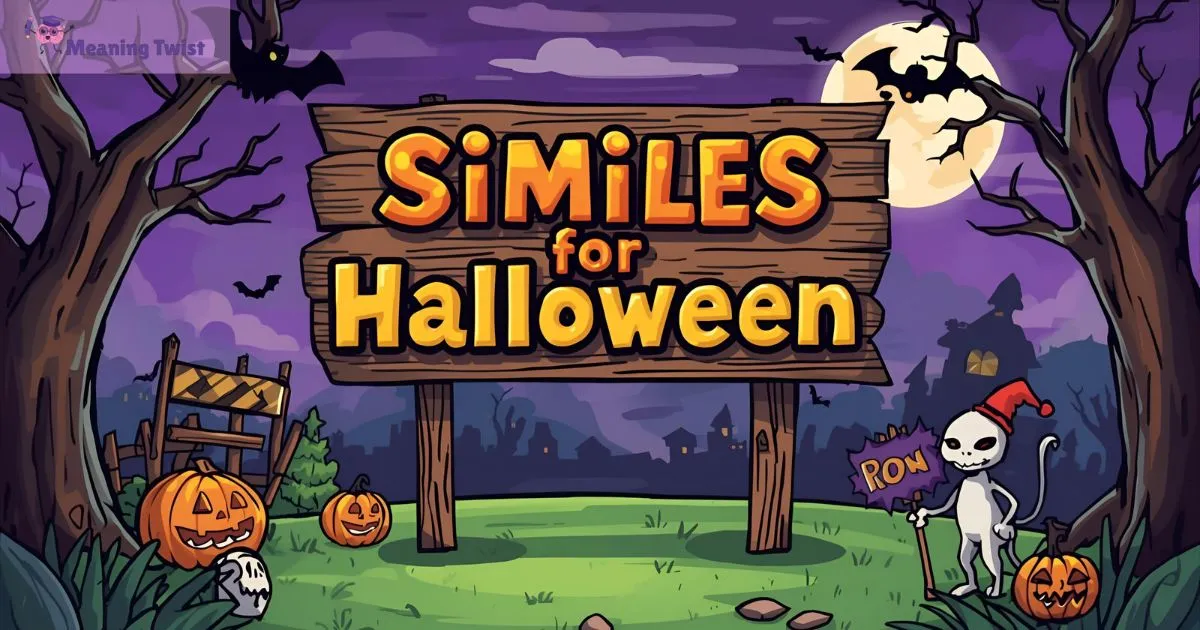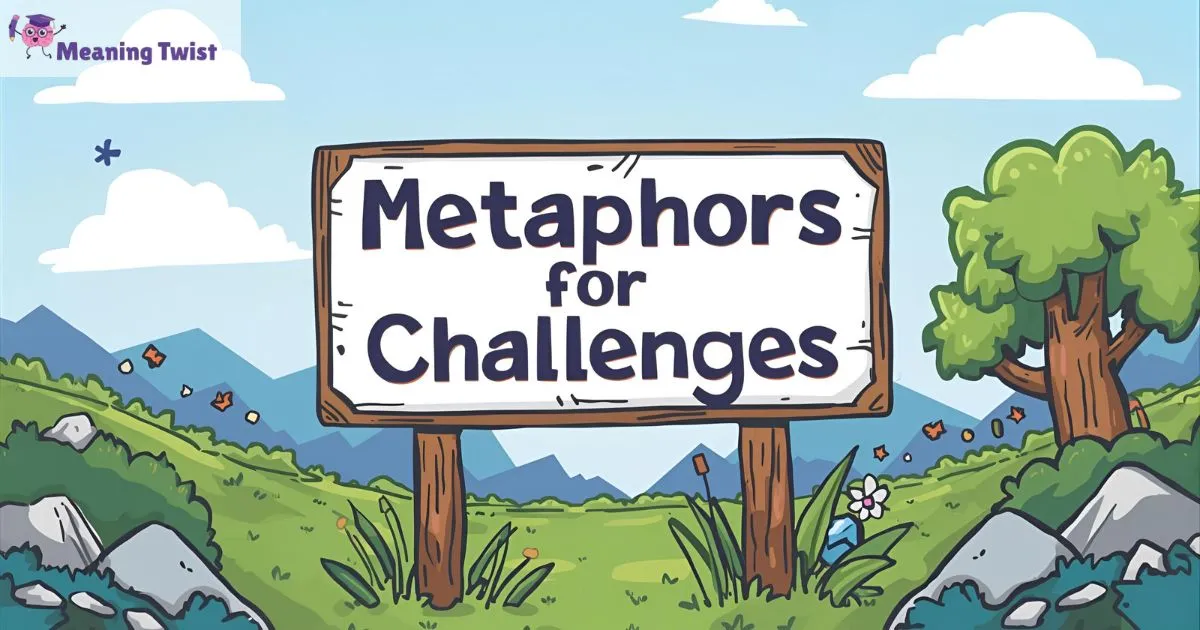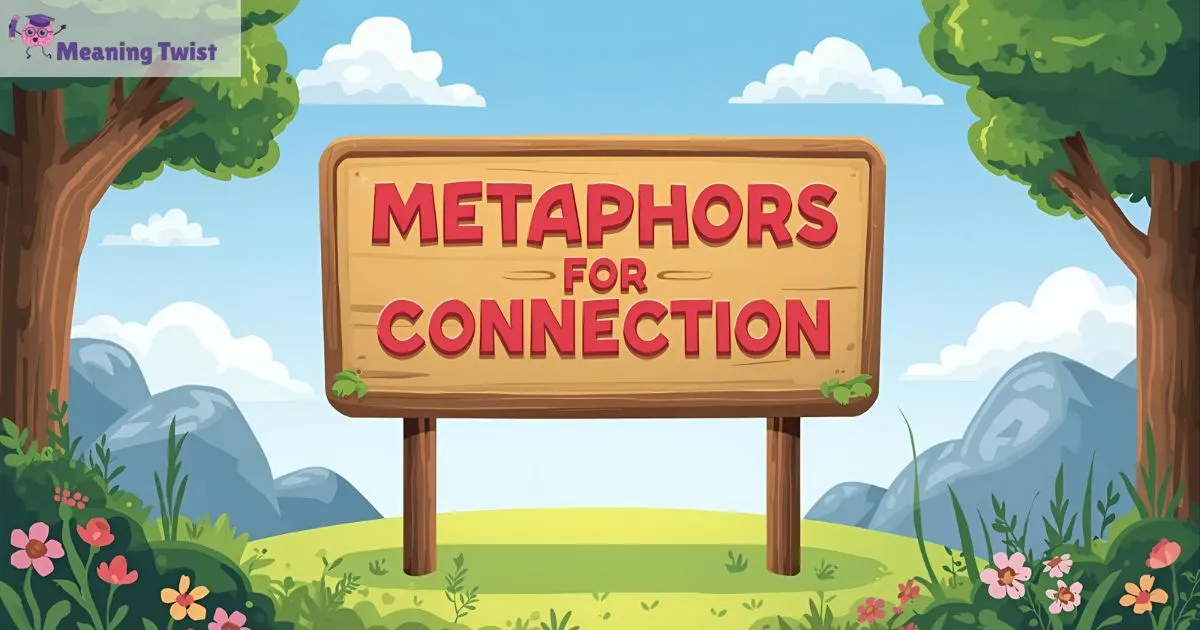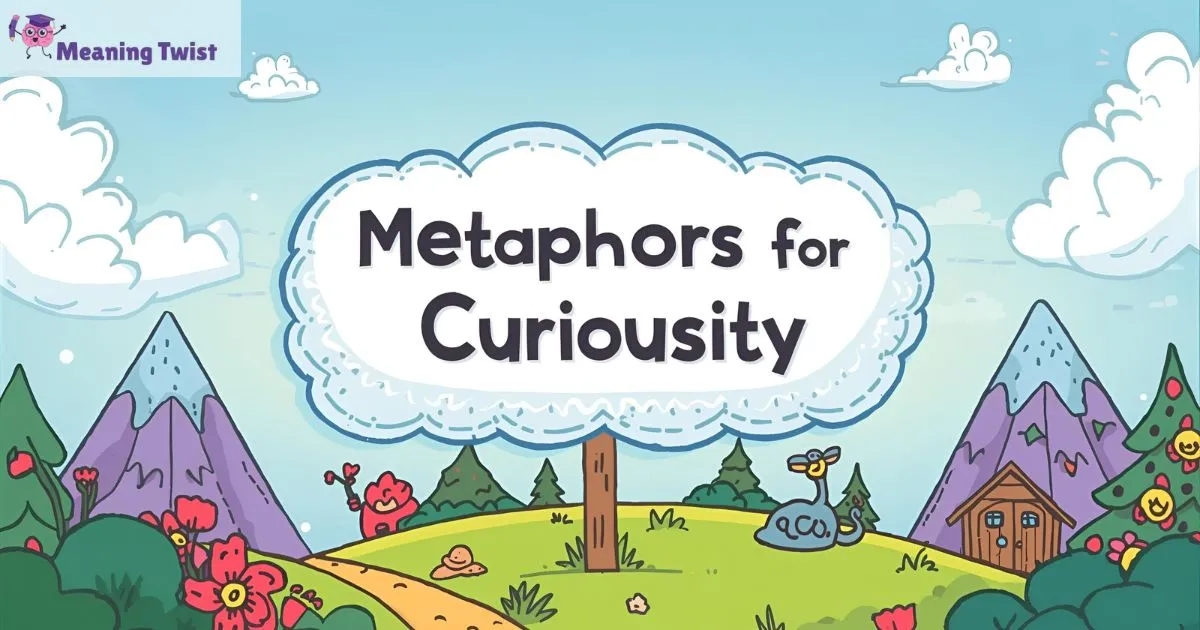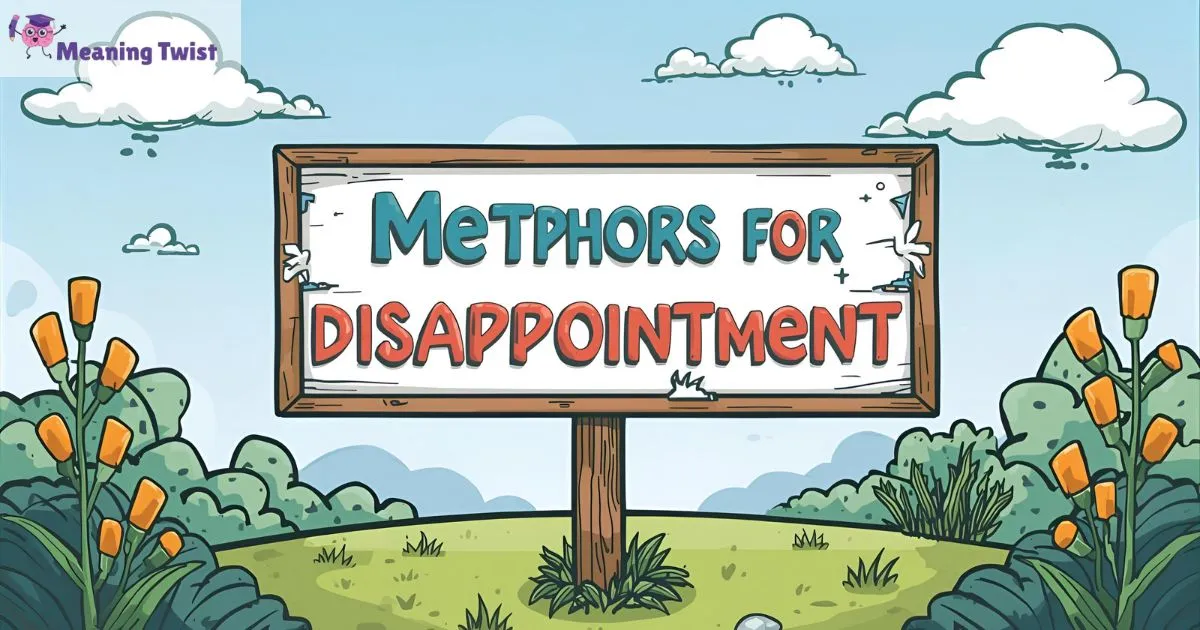
Everyone gets upset sometimes — when things don’t go as planned, when people disappoint us, or when life throws unexpected turns. But instead of saying “I’m upset,” why not express it with a touch of creativity? That’s where Idioms for Upset come in. They make your emotions sound more natural, relatable, and colorful in both speech and writing.
Imagine saying, “I’m down in the dumps today,” instead of “I’m sad.” Sounds more expressive, right? Idioms don’t just describe your feelings — they add character and emotion to your words. So, as you read ahead, try to practice these idioms in real-life situations — in conversations, captions, or even journals.
Using idioms transforms simple emotions into vivid, human experiences. They connect directly to how we feel — sadness, frustration, disappointment — all wrapped in words that paint a picture. Whether you’re venting about a bad day or comforting a friend, idioms help you speak from the heart, not just from the dictionary.
1. Down in the Dumps
Meaning: Feeling sad or depressed.
Scenario: When you’re having a rough emotional day.
Tip: Use it casually when expressing low mood.
Real-Life Example:
After failing my driving test again, I was really down in the dumps. My friends tried to cheer me up with ice cream, but all I wanted was to sit quietly and think. It’s tough when your efforts don’t pay off right away.
2. In the Blues
Meaning: To feel melancholy or depressed.
Scenario: When sadness lingers for a while.
Tip: Works well in emotional or artistic contexts.
Real-Life Example:
Rainy days always put me in the blues. The gray sky, the silence — everything feels heavier. But once the sun peeks out, it’s like my mood brightens instantly.
3. A Heavy Heart
Meaning: Feeling emotionally burdened or deeply sad.
Scenario: When facing loss, regret, or disappointment.
Tip: Use it in heartfelt or serious moments.
Real-Life Example:
I left my hometown with a heavy heart. Even though I was excited for new beginnings, leaving my family behind made me tear up. Some goodbyes never feel easy.
4. Cry Over Spilled Milk
Meaning: To be upset about something that can’t be changed.
Scenario: When someone regrets a past mistake.
Tip: Use it to comfort or advise someone.
Real-Life Example:
I accidentally deleted my project before submission. My teacher told me not to cry over spilled milk and to start again. It hurt, but she was right — some things are better rebuilt than regretted.
5. At the End of My Rope
Meaning: Feeling emotionally exhausted or out of patience.
Scenario: When you’re about to give up.
Tip: Use it when expressing frustration or burnout.
Real-Life Example:
After dealing with constant deadlines, I felt at the end of my rope. I needed a break, a nap, or both. Sometimes, the best fix is just stepping away for a while.
6. A Lump in One’s Throat
Meaning: Feeling like you might cry from sadness or emotion.
Scenario: When something touches or hurts your heart.
Tip: Perfect for emotional storytelling.
Real-Life Example:
When I watched my childhood home being sold, I felt a lump in my throat. So many memories flooded back — laughter, birthdays, and late-night talks. It was bittersweet letting go.
7. A Broken Heart
Meaning: Deep sadness caused by love or loss.
Scenario: When someone experiences emotional pain.
Tip: Classic idiom — timeless and relatable.
Real-Life Example:
After the breakup, I didn’t want to eat or talk to anyone. I had a broken heart, and everything reminded me of her. Healing took time, but it came eventually.
8. Fed Up To the Back Teeth
Meaning: Extremely annoyed or frustrated.
Scenario: When you can’t tolerate something anymore.
Tip: Common in British English.
Real-Life Example:
I’m fed up to the back teeth with my noisy neighbors. Every night, it’s loud music until 2 a.m. If they don’t stop soon, I might move out!
9. Losing Sleep Over It
Meaning: Worrying or stressing about something.
Scenario: When anxiety keeps you awake.
Tip: Use it for both serious and light worries.
Real-Life Example:
I’ve been losing sleep over my final exams. Even when I close my eyes, my mind keeps running through formulas and dates. Stress can really steal your rest.
10. A Face Like a Wet Weekend
Meaning: Looking visibly sad or gloomy.
Scenario: When someone looks upset or disappointed.
Tip: Use it humorously to comment on expressions.
Real-Life Example:
When I told Sam we ran out of pizza, he had a face like a wet weekend. It was funny, but also sweet — food really does affect his mood.
11. In Low Spirits
Meaning: Feeling down or emotionally drained.
Scenario: When motivation or happiness fades.
Tip: Common in writing and conversations.
Real-Life Example:
After hearing the bad news, everyone in the office seemed in low spirits. Even coffee breaks were quiet that day — nobody felt like chatting.
12. Hit Rock Bottom
Meaning: Reaching the lowest emotional point.
Scenario: When things can’t get any worse.
Tip: Often used to describe recovery journeys.
Real-Life Example:
When I lost my job and my apartment in the same week, I thought I’d hit rock bottom. But that phase taught me resilience I never knew I had.
13. A Chip on One’s Shoulder
Meaning: Holding onto anger or resentment.
Scenario: When someone can’t let go of past issues.
Tip: Use it to describe bitter or defensive people.
Real-Life Example:
Ever since he was passed over for promotion, Jake’s had a chip on his shoulder. Even small discussions make him defensive. He needs to let it go for his peace.
14. Feel Under the Weather
Meaning: To feel a bit sick or emotionally down.
Scenario: For minor sadness or fatigue.
Tip: Use it casually in daily conversations.
Real-Life Example:
I’ve been feeling under the weather all week — not exactly sick, but not okay either. Maybe it’s just stress or lack of sunshine.
15. In a Huff
Meaning: Angry or upset, especially after being offended.
Scenario: When someone leaves angrily.
Tip: Works well in casual storytelling.
Real-Life Example:
When I teased my sister about her cooking, she walked out in a huff. Later, she forgave me after I offered dessert. Sweets save lives sometimes!
16. Beside Oneself
Meaning: Extremely upset or emotional.
Scenario: When overwhelmed by emotion or worry.
Tip: Use it in intense emotional scenes.
Real-Life Example:
When our cat went missing, my mom was beside herself with worry. She couldn’t eat or sleep until we found him safe the next morning.
17. Blow a Fuse
Meaning: To lose one’s temper completely.
Scenario: When anger suddenly bursts out.
Tip: Use it for heated or emotional reactions.
Real-Life Example:
After hearing the unfair accusations, I blew a fuse. I couldn’t stay calm anymore and said everything I’d been holding in. It felt both terrible and freeing.
18. At Wits’ End
Meaning: Completely stressed and not knowing what to do.
Scenario: When you’ve tried everything and failed.
Tip: Great for expressing mental exhaustion.
Real-Life Example:
After three nights of a crying baby, my sister was at her wits’ end. She loved her newborn but desperately needed a few hours of sleep.
19. In a Stew
Meaning: Feeling anxious or upset about something.
Scenario: When worrying excessively.
Tip: Use it for nervousness or mild distress.
Real-Life Example:
I was in a stew waiting for my exam results. Every minute felt like an hour. When I finally saw the email, my hands were shaking.
20. Storm in a Teacup
Meaning: A big fuss over something small.
Scenario: When people overreact to minor issues.
Tip: Great for light, humorous tone.
Real-Life Example:
Our group fought over which movie to watch. Later, we laughed realizing it was just a storm in a teacup — a tiny issue blown way out of proportion.
21. Tear One’s Hair Out
Meaning: To be extremely anxious or frustrated.
Scenario: When something drives you to make one’s blood boil.
Tip: Perfect for stressful or chaotic situations.
Real-Life Example:
I was tearing my hair out trying to fix the coding error before the deadline. No matter what I did, that one bug refused to disappear.
22. A Cloud Over Someone’s Head
Meaning: A feeling of sadness or worry that doesn’t go away.
Scenario: When something keeps bothering you emotionally.
Tip: Use it for long-term stress or emotional weight.
Real-Life Example:
Ever since his father got sick, it’s like there’s been a cloud over his head. Even when he smiles, you can see the worry behind his eyes.
23. Take Something to Heart
Meaning: To be deeply affected or hurt by something.
Scenario: When criticism or words hit hard emotionally.
Tip: Great for personal, reflective writing.
Real-Life Example:
I took it to heart when my teacher said I wasn’t trying hard enough. It stung, but it also pushed me to prove myself.
24. Spill One’s Guts
Meaning: To confess or express one’s emotions openly.
Scenario: When you let out pent-up feelings.
Tip: Works in casual or emotional tone.
Real-Life Example:
After weeks of pretending everything was fine, I finally spilled my guts to my best friend. It felt like a huge weight lifted off my chest.
25. Wear One’s Heart on One’s Sleeve
Meaning: To openly show your emotions.
Scenario: When someone can’t hide how they feel.
Tip: Use for honest, expressive personalities.
Real-Life Example:
She always wears her heart on her sleeve — when she’s happy, you see it; when she’s sad, you feel it too. That’s what makes her so real.
26. Not a Happy Camper
Meaning: Someone who’s dissatisfied or annoyed.
Scenario: When things don’t go as planned.
Tip: Use humorously for minor upsets.
Real-Life Example:
When our weekend trip got canceled, I was not a happy camper. I had snacks, playlists, and excitement ready — all wasted!
27. Eat One’s Heart Out
Meaning: To feel deep sorrow, jealousy, or longing.
Scenario: When seeing someone else succeed or move on.
Tip: Expresses strong emotional pain or envy.
Real-Life Example:
After my ex posted vacation photos with someone new, I was eating my heart out — pretending to be fine, but clearly not.
28. Burn Out
Meaning: To feel emotionally or mentally exhausted after overworking.
Scenario: When your energy and motivation are gone.
Tip: Common in work or study-related discussions.
Real-Life Example:
After months of nonstop studying, I completely burned out. My brain couldn’t take in another formula or theory — I just needed rest.
29. In a Mood
Meaning: To be upset, irritable, or unapproachable.
Scenario: When someone is clearly not in the mood to talk.
Tip: Simple, natural idiom for emotional states.
Real-Life Example:
I could tell she was in a mood the moment she walked in. One look at her face, and we all knew — better give her space today.
30. A Bitter Pill to Swallow
Meaning: A difficult truth or disappointment to accept.
Scenario: When facing harsh reality.
Tip: Use for serious or reflective tones.
Real-Life Example:
Not getting into my dream college was a bitter pill to swallow. But it also taught me that life’s detours sometimes lead to better destinations.
Key Insight about Idioms for Upset
1. What are idioms for upset used for?
Idioms for upset help express sadness, anger, or disappointment more naturally. They make emotions sound relatable and human instead of flat or repetitive.
2. Can idioms make my writing more emotional?
Absolutely. Idioms add depth and imagery, making your emotions come alive on the page. Instead of saying “I’m sad,” saying “I’m down in the dumps” connects better with readers.
3. Are idioms formal or informal?
Most idioms for upset are informal and perfect for conversations, blogs, or creative writing. However, some — like “a heavy heart” — fit formal writing too.
4. How can I learn idioms faster?
Try using them in real conversations or journaling. When you experience an emotion, describe it using an idiom — this builds natural recall.
5. Why are idioms important in English?
Idioms make English more expressive and culturally rich. They reflect real feelings, not textbook phrases — helping you sound fluent and emotionally intelligent.
Conclusion
We all feel upset sometimes — and that’s okay. But with these Idioms for Upset, you can turn simple sadness or frustration into expressive, meaningful language. From “down in the dumps” to “a bitter pill to swallow,” every idiom tells a story, captures a mood, and paints emotion with words.
So the next time you’re feeling blue, don’t hold it in — speak it out creatively. After all, English isn’t just a language; it’s a reflection of our emotions. And the more colorfully we express them, the more human we sound. 💬🖤

Hi, I am Joey, the admin of meaningtwist.com. I simplify deep meanings and twist ordinary words into extraordinary insights to spark your curiosity and clicks!

